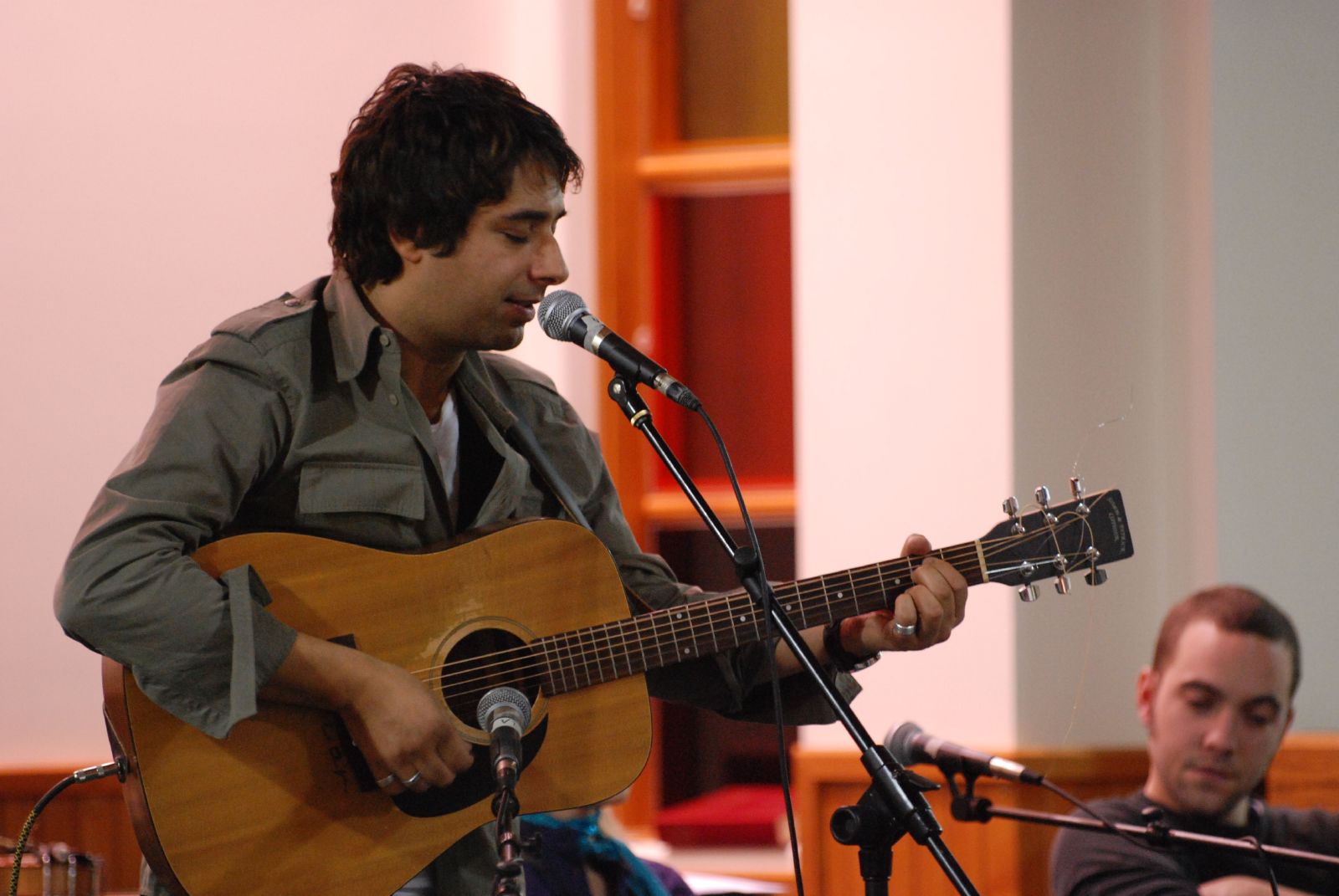By Megan Lambert (The Cascade) – Email
Print Edition: November 5, 2014

So, now that we’ve all calmed down …
I don’t think victims of sexual abuse or harassment should feel afraid to speak about what happened to them — no matter what random people on Facebook think. Now that the alleged victims of the Jian Ghomeshi case, one of them recognizably famous, are speaking out publicly, public opinion has begun to turn against Ghomeshi.
I’ve read several creative and nasty punishments for crimes Ghomeshi hasn’t been proven guilty for. I’ve heard all sorts of name-calling and opinions on the issue, and the media is having a field-day. I think this mutinous attitude can stay in the Middle Ages. It is not the public’s job to decide who is telling the truth; that’s why we have a formal judicial system. But we can all agree the public doesn’t always know what the best course of action is.
If charges are dropped or not pressed in the first place, it doesn’t mean rape or abuse didn’t happen. It just means there isn’t enough evidence to prove it — and in the case of Ghomeshi’s sexual interests and public profile, it could have been exceptionally difficult for the women to bring their cases forward. I can see how a personal testimony might help you more than a piece of paper in a lawyer’s briefcase would.
Jian Ghomeshi using his public Facebook status to talk about his personal life or legal issues is unprofessional and tasteless. When I was reading his status, I felt a sinking feeling — not because of the nature of the content, but because the immaculate image of one of my favourite CBC hosts was turning into a he-said/she-said debacle. I saw Ghomeshi having a long-lasting career in radio, but when I saw the legal jargon in his side of the story, I was disappointed that it’s been cut short. Some people blamed his ex-girlfriends, perhaps because of how sad it is to see a beloved Canadian icon’s image going sour.
I’ve heard questions about why the women made their allegations to the media instead of the police. It seems the “jilted ex-girlfriend” remarks and sympathy for Jian Ghomeshi have been replaced by sympathy for the victims now that the public has a solemn, female face looking at them — nine of them, in fact, at the time of writing. I suspect that as soon as we got a visible example of a victim, we took them more seriously. This raises the question: should we be suspicious of anonymity?
I don’t like to think so. I’d like to think we all have a right to remain nameless and faceless, but still have our story ring true. I know I wouldn’t like to walk around feeling like I have a tattoo of “beaten” across my forehead, as these women must. But in the past week, I’m not so sure that’s possible, with ever-expanding social media.
Perhaps using social media to stage this debate isn’t the best course of action. But some victims of sexual harassment stay quiet for much longer. Regardless of whether somebody tells their story to their best friend, the police, or a freelance journalist, that claim should be taken seriously.
I’m sad one of my favourite radio show hosts won’t talk about cultural affairs anymore. Whenever Ghomeshi conducted an interview, I felt he was respectful and insightful — and I’m sad the glory days of Q are over. But, I also think these women deserve a right to a fair trial without being intimidated by thousands of likes and shares, or feeling the need to be explicitly public about their private trauma.


